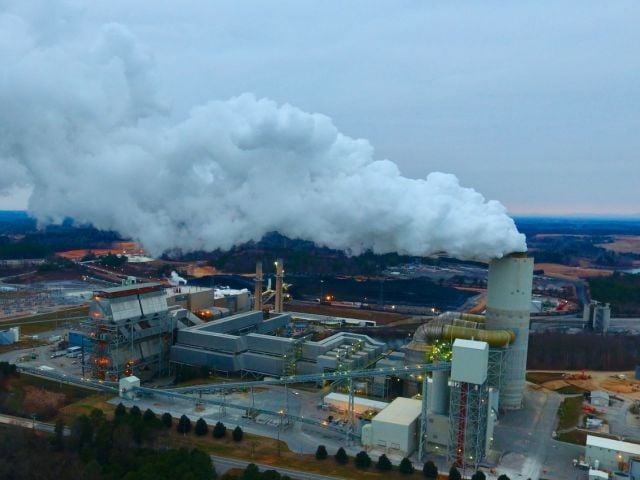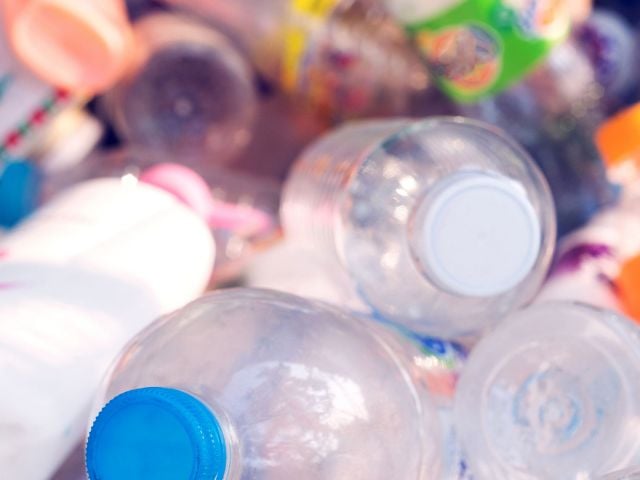Displaying 6025 - 6048 of 7456
Nutrition Calculator for Cancer Prevention

Greener School Cleaning Supplies
You clicked an old link. EWG has updated resources on green cleaners you can use to choose healthy cleaning products for your family.
EWG Tests of Hummus Find High Levels of Glyphosate Weedkiller

Duke Energy’s Epic Fails: $11.6 Billion in Scrapped Projects Since 2013

Public Energy Enemy No. 1

California Drinking Water
Iowa’s Private Wells Contaminated by Nitrate and Bacteria
Des Moines Water Works has struggled for years to provide safe drinking water to its customers, battling nitrate contamination from upstream farms. But contamination from agricultural practices may be even worse for the estimated 230,000 to 290,000 Iowans whose drinking water comes from private wells, an investigation by Environmental Working Group and Iowa Environmental Council finds.
EWG Study and Mapping Show Large CAFOs in Iowa Up Fivefold Since 1990
The number of large concentrated animal feeding operations, or large CAFOs, in Iowa increased nearly fivefold in the past two decades, a new study from Environmental Working Group reveals, with almost all of the growth from big hog-feeding operations.
In Minnesota’s Farm Country, Nitrate Pollution of Drinking Water is Getting Worse
EWG’s UPDATED Water Filter Buying Guide
The PFAS and the Furious

EWG’s Healthy Living: Quick Tips to Safer Diapers
In their first year alone, a baby will wear an estimated 2,500 disposable diapers. When buying diapers, parents are likely to consider absorbency, fit and comfort as the most important features. But recent scientific research highlights the fact that the ingredients and materials used to make the diapers may be just as important, if not more so: The diaper itself could potentially harm a child's

Toxic ‘Forever Chemicals’ Detected in Drinking Water Supplies Across California

California Regulators

Top 10 Stories of 2011

Congress Must Finally Put an End to Direct Payments

Drilling Doublespeak: Slideshow

U.S. Sunscreens Get Flunking Grade for UVA Protection

New Study Confirms BPA in Receipts

NIH to Review Flawed Report on Impacts of BPA Exposure

A Disaster Waiting To Happen…Forever

Toxic Plastics Chemical in Infant Formula

Short Crop
Black farmers receive between one-third to one-sixth of the benefits under major federal crop subsidy programs that other farmers receive, and the “subsidy gap” has widened over the past decade. The gap will become more inequitable if a bill reported by the House Agriculture Committee passes the House later this week, researchers said.

Down the Drain
